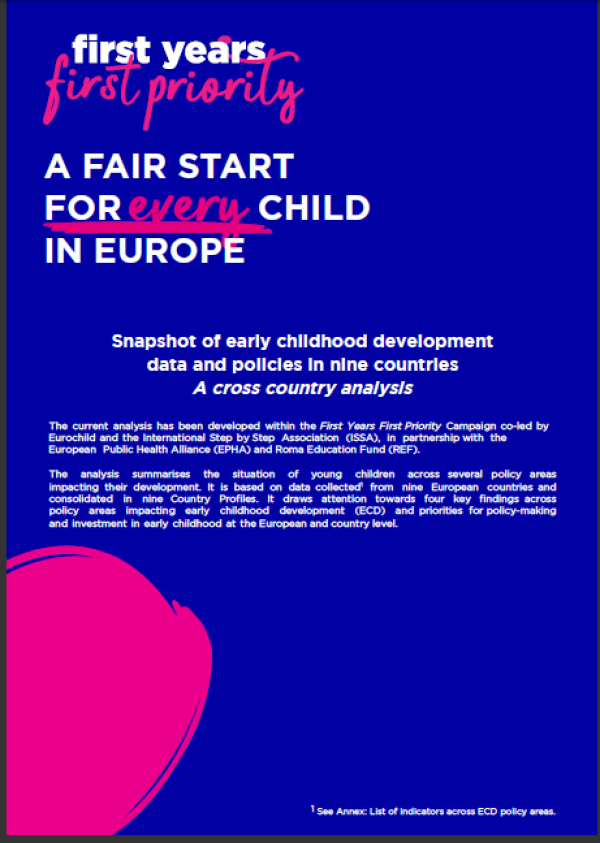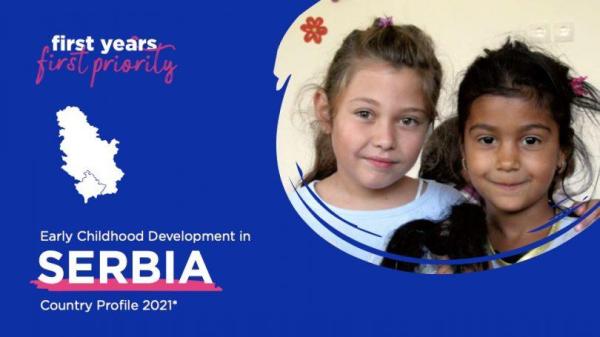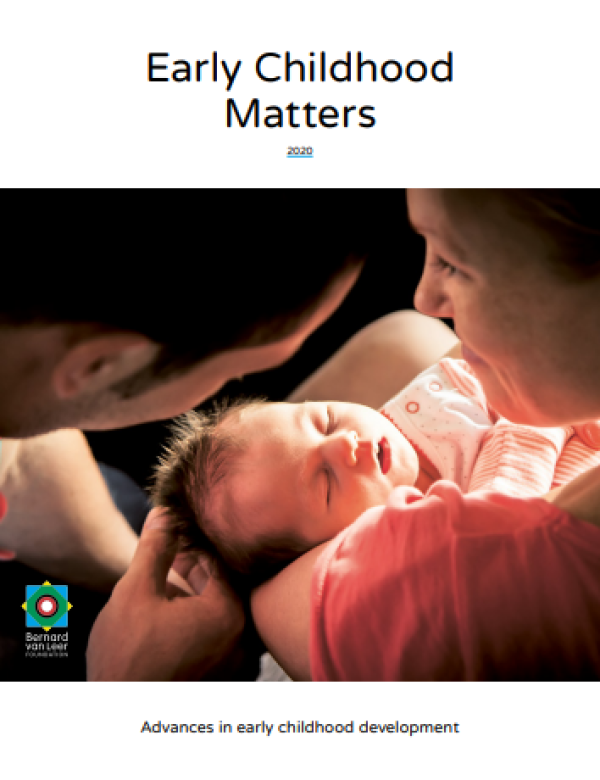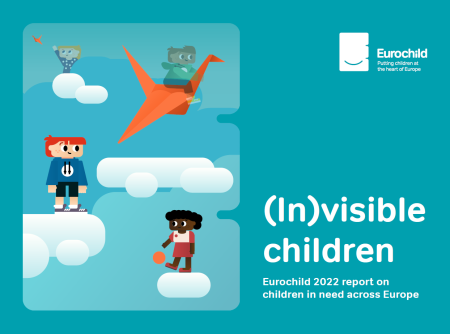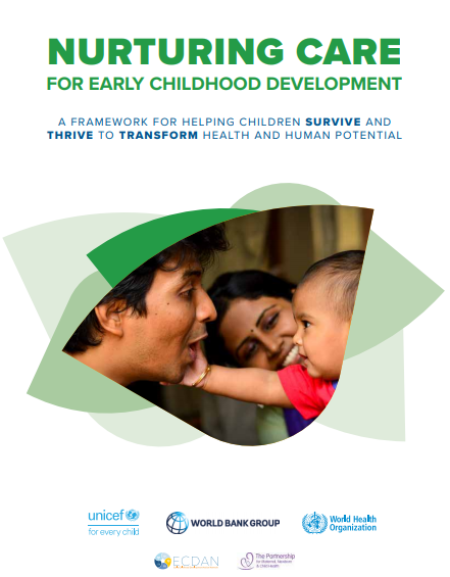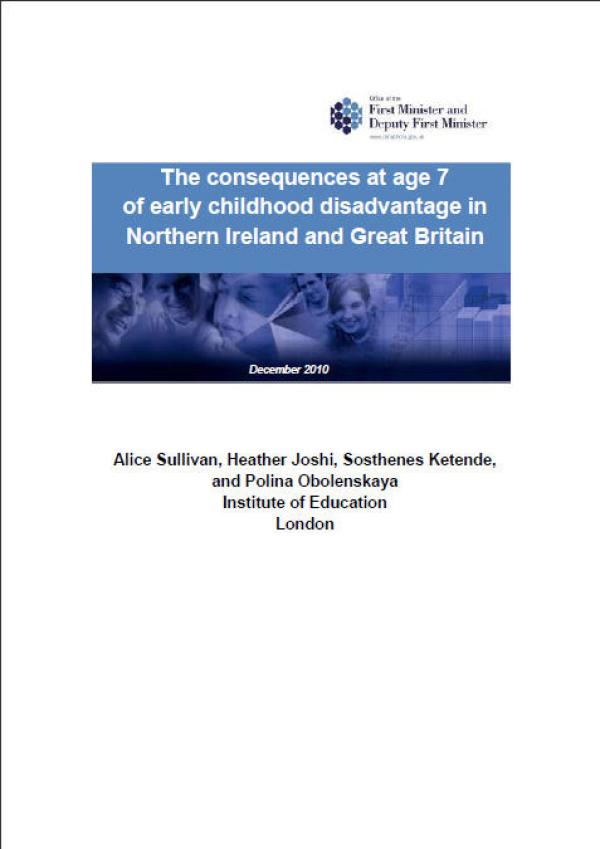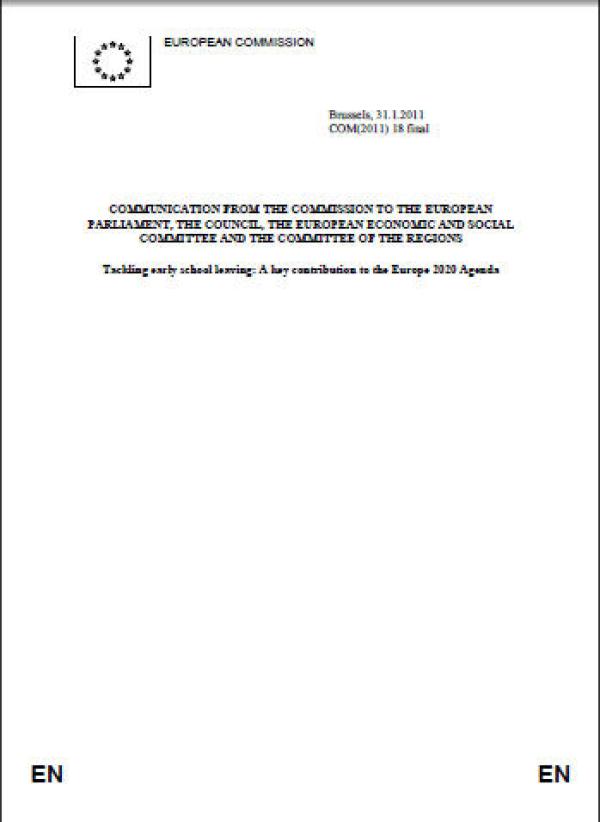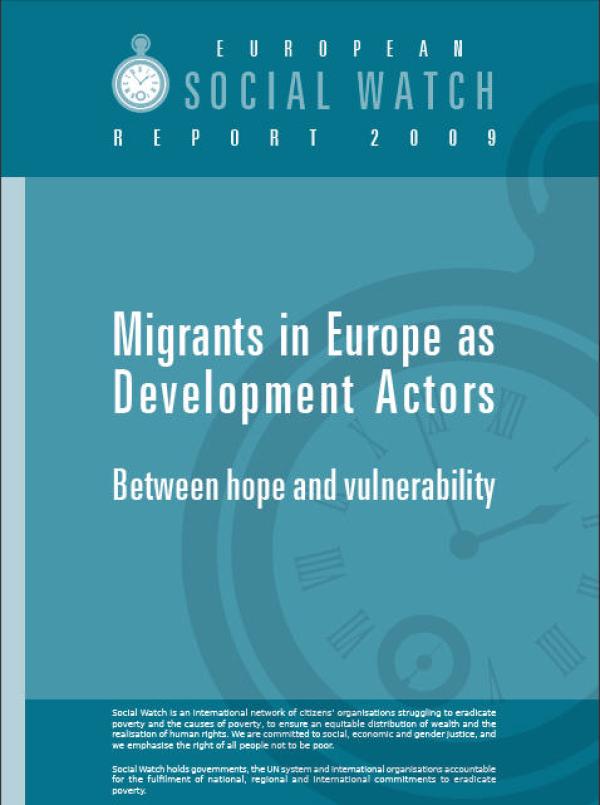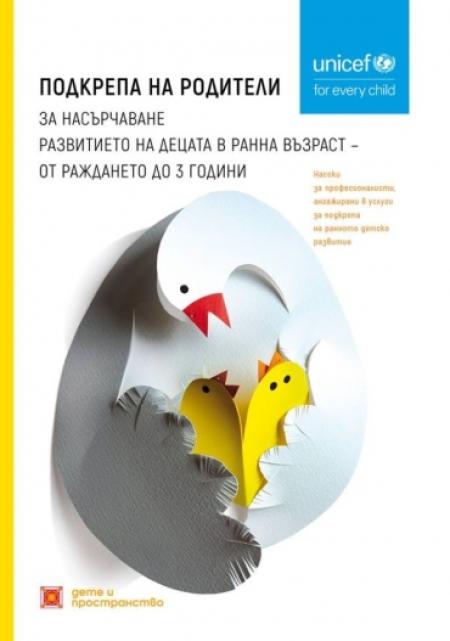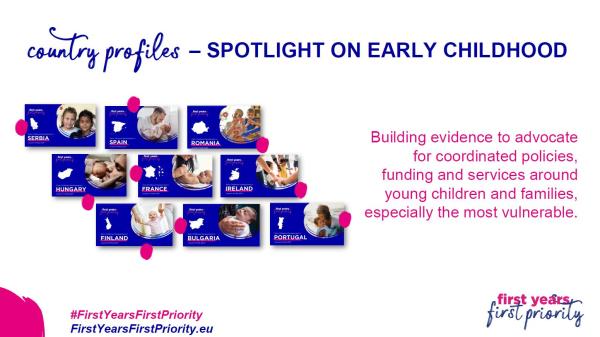
Eurochild launched a series of Country Profiles and an accompanying Cross Country Analysis highlighting a need for better data and greater investment in public policies for early childhood development (ECD), together with the other partners and national coordinators of the First Years First Priority Campaign.
Nine Country Profiles share data collected by national campaign coordinators in Bulgaria, Finland, France, Hungary, Ireland, Portugal, Romania, Serbia, and Spain. In each of the profiles you can dive into detailed data on children and their early growth and development in all nine countries for six key areas: child poverty, maternal and child health and nutrition, child safety and security, early learning, including early childhood education and care (ECEC), parenting and family support, and cross-sectoral coordination for ECD. These profiles used data to emphasize country priorities related to ECD.
According to the Joint Declaration by the Ministers of the EPSCO Council (2020), around a quarter of all children in the EU are at risk of poverty or social exclusion, with rates varying between Member States from 14 to 50%.
Along with Country Profiles, the Cross-Country Analysis, Snapshot of Early Childhood Development data and policies in nine countries, synthesizes the data, providing essential insights into the findings across countries:
- The scarcity of data on children in their early years – especially children under the age of three – across policy areas, indicates insufficient knowledge of, and attention to, early childhood development
- The limited or non-existent disaggregated data on the lives of young children under the age of six – especially younger than three – who are living in poverty and social exclusion hinders efforts to improve public policy and investment for young children facing multiple and intersecting vulnerabilities
- There is a need to guarantee universal access to ECEC across countries, especially for the youngest and most vulnerable children
- There is a need for an integrated multi-sectoral approach to early childhood policies and funding, with leadership and coordination that addresses children’s and families’ needs in a comprehensive way
There is widespread recognition that a child’s early years are fundamental for their healthy development and wellbeing.
Initiatives, such as the European Child Guarantee, the Council Recommendation on High Quality Early Childhood Education and Care, and the EU Strategy on the Rights of the Child should be harnessed by governments to support early childhood development as a national priority.
Cross Country Analysis – Snapshot of ECD data and policies in nine countries


